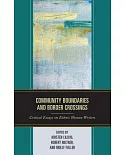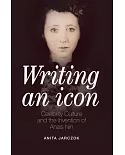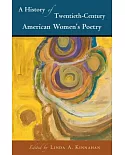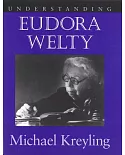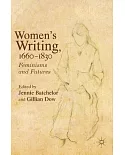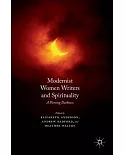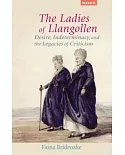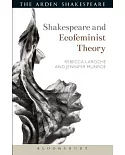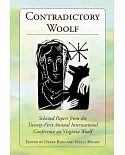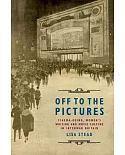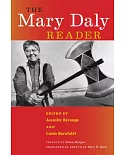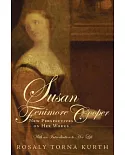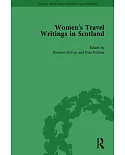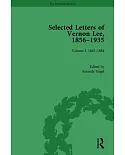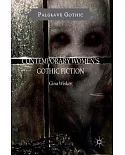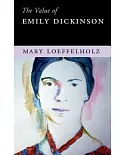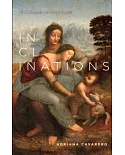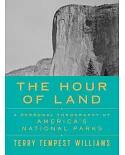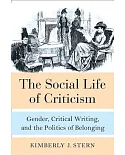The rediscovery of the fiction written by Mary Jane Holmes (1825-1907)and the examination of the contrasting factors that made her work popular in the nineteenth century, but virtually unknown
during the twentieth century, is the intent of this study. Cultural poetics and feminism, which established a critique on how late nineteenth- and twentieth-century critics decontextualized
Holmes's work is the critical emphasis of this study. The theory of this study examines aspects of relational capacity that popular women writers present and that which their works are based
on, and enable them to relate to their culture and readers. This theory provides a means of analyzing popular women writers who have been undervalued by the academy, which has been founded on a
masculine doctrine.


